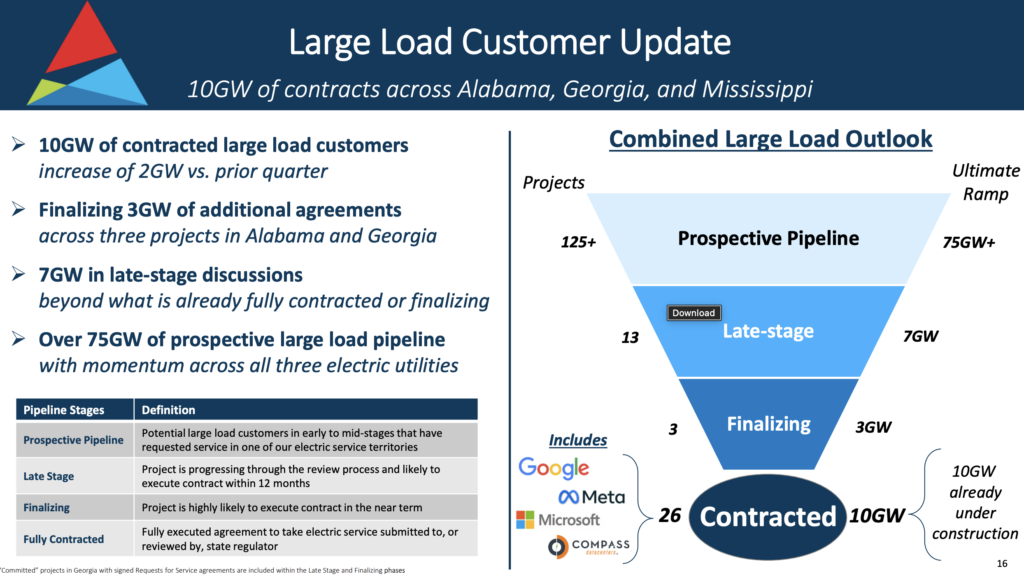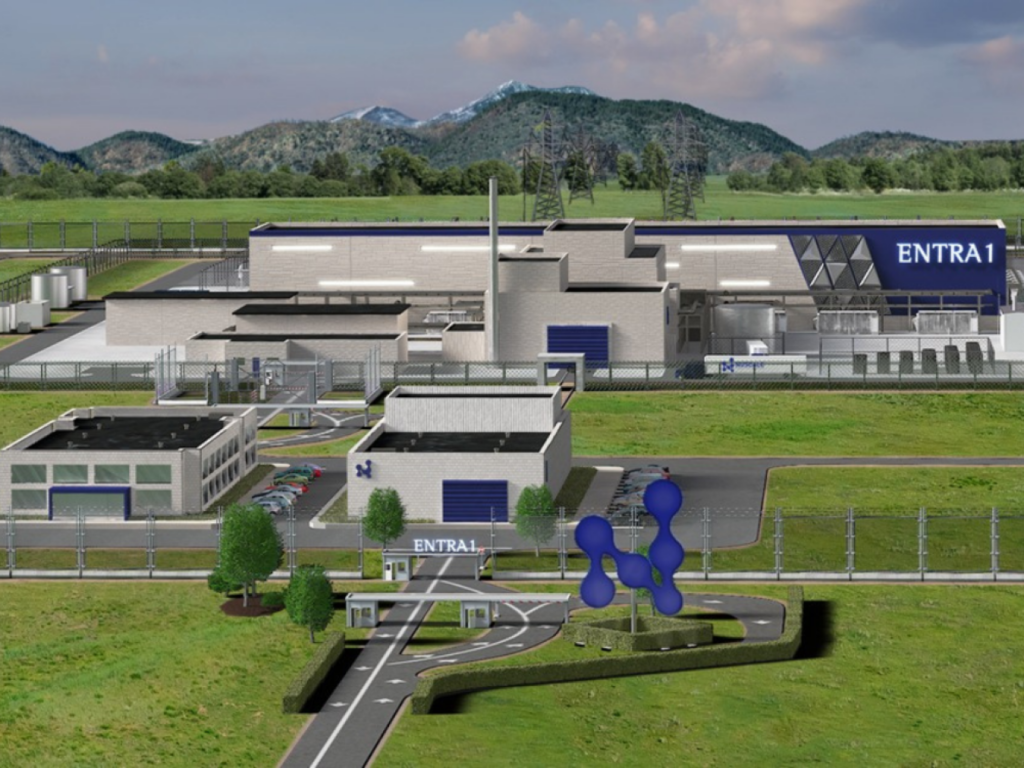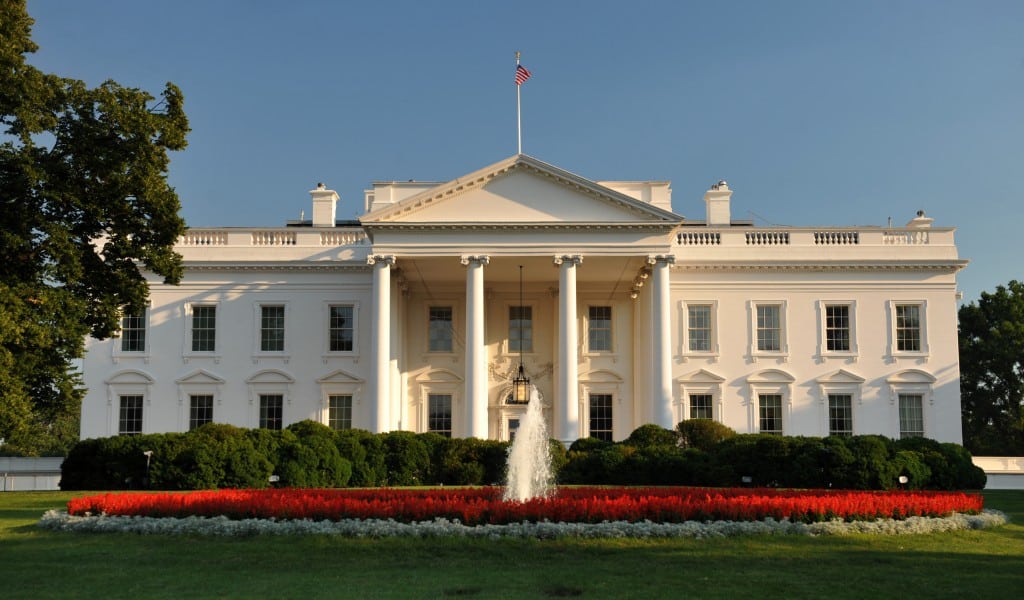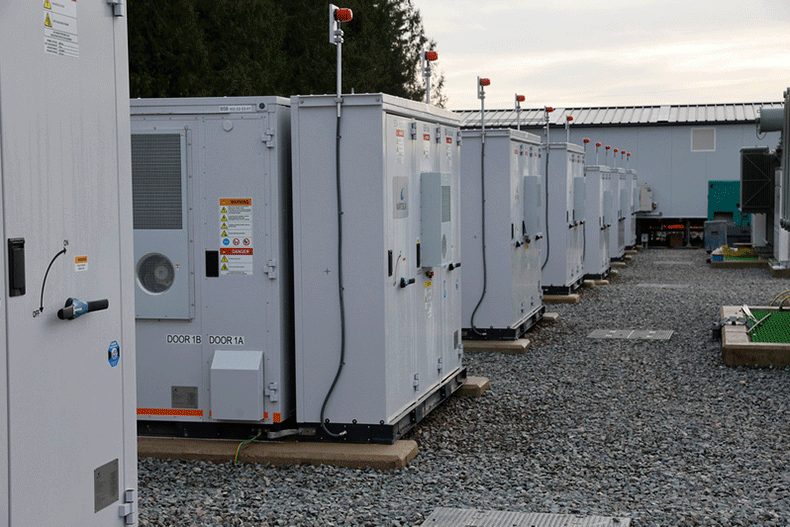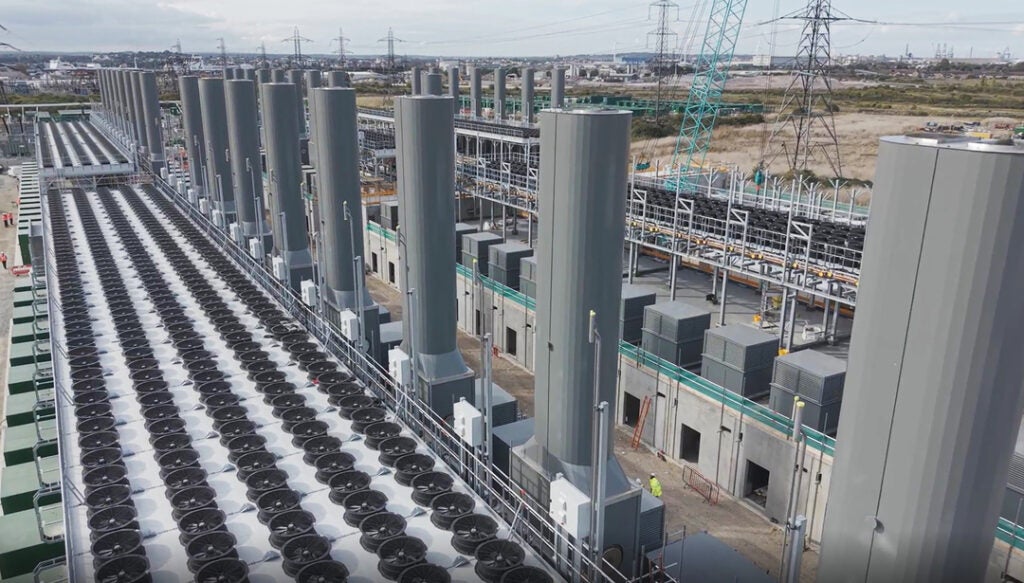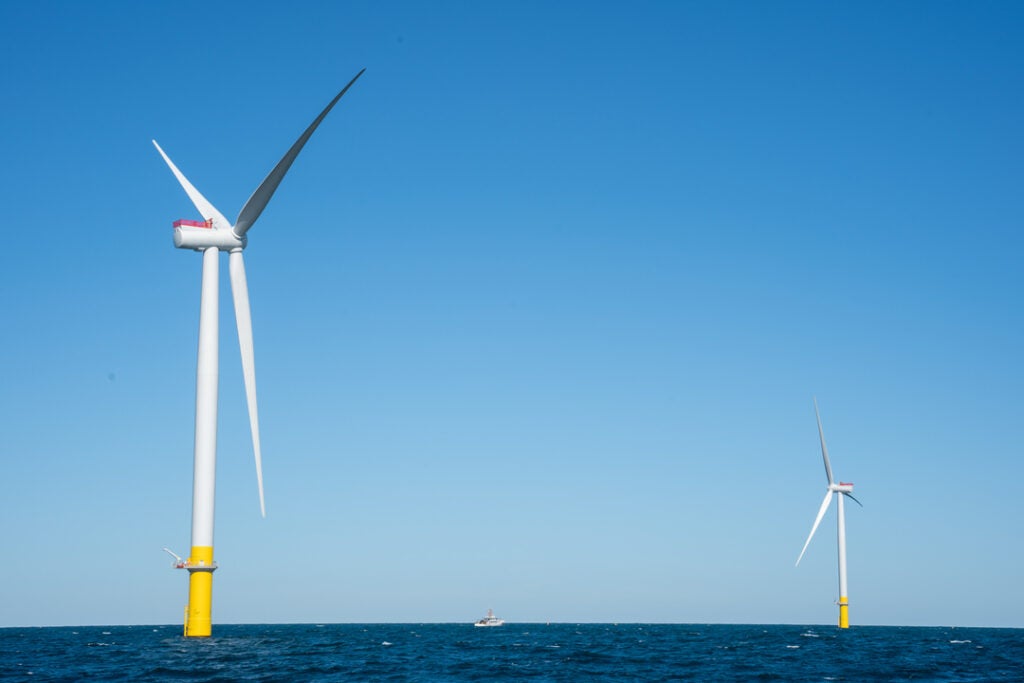Hydro One, Ontario’s largest transmission and distribution provider, and Spokane, Washington–based U.S. utility Avista Corp., have dropped their merger, citing separate denials of the $5.3 billion deal by regulators in Washington and Idaho.
The companies said on Jan. 23 they “mutually agreed” to terminate a merger agreement they announced in July 2017. As required by the deal, Hydro One will pay Avista a $103 million termination fee.
A Sizable Deal
Under the proposed deal, Hydro One was to acquire Avista for $5.3 billion, creating a new company with headquarters in Spokane with more than $25.4 billion in assets, and more than 2 million end-customers. If the merger had been approved, Avista—which serves about 342,000 customers and is one of the smallest regulated utilities in North America—would have become a wholly owned subsidiary of Hydro One, a massive investor-owned company. Until 2015, the Toronto-based utility was a Crown corporation owned entirely by the Province of Ontario, but despite partial privatization, the province holds 47%—the majority—of its shares. The deal would have been Hydro One’s first acquisition of a company outside Ontario in 20 years.
As they announced the definitive merger, the companies said the deal would allow them to “proactively pursue technological innovation, economic development, and community support,” as well as to “potentially gain efficiencies by extending the use of the combination of technology, best practices, and business processes over a broader customer base and broader set of infrastructure.”
But while the companies gained the blessing of the Federal Energy Regulatory Commission and Avista shareholders, and commissions in Montana and Alaska approved the sale last year (and Oregon was still deliberating), they failed to obtain key regulatory approvals from utility commissions in Idaho and Washington.
The Washington Utilities and Transportation Commission on Dec. 5 ruled that the sale wasn’t in the best interest of Avista or its customers. The Idaho Public Utilities Commission (IPUC) followed suit, denying the deal on Jan. 3.
A key point of contention for regulators both in Washington and Idaho was Ontario’s unique governance agreements with Hydro One, which the IPUC said grants the provincial government “significant control and influence” over the utility. “Hydro One is not purely a private, publicly traded corporation,” the commission said. “Rather, the management of Hydro One is subject to the Province’s political pressure, legislative power, and special governance agreements.” That lack of independence “dictates our decision to reject the proposed merger,” it said in its order.
Blown Up by Government Pressure
Regulators in both states pointed to the abrupt retirement of Hydro One’s CEO Mayo Schmidt and resignation of its entire 14-member board of directors in July 2018, succumbing to pressure from Ontario’s newly elected Tory government. Citing discontent with Ontario’s soaring electricity prices (which are set by the Ontario Energy Board, a public body), Premier Doug Ford had labeled the CEO “the six-million-dollar man” for his hefty salary and promised to fire the executive if elected. While the company eventually appointed 10 new directors in August 2018, four were named by the government.
On Dec. 6, following Washington’s regulatory decision to deny the deal, Ford told reporters the Ontario government wasn’t to blame for the denial. “I will never apologize for keeping my promises to the voters. We are reducing hydro rates and, after years of neglect, finally putting the ratepayer first,” the premier said.
But as the IPUC noted, the issue was contentious. More than 600 public comments were submitted in the case in Idaho alone, “nearly all in opposition to the proposed merger,” it said.
After the Hydro One’s board en masse resignation in July, the company submitted an amended proposal to the IPUC in mid-November. The proposal contained 79 commitments intended to “address the impact of the management changes and the potential for provincial involvement in the affairs” of Hydro One and Avista.
Despite those efforts, the commission emphasized that its decision was guided and constrained by IPUC law, which prohibits “the transfer of assets from a regulated electric utility to an entity that is ‘owned or controlled, directly or indirectly, by … any other state.’ “
On Wednesday, the companies announced the merger was dead “after careful consideration and analysis of the likelihood of achieving a timely reversal of those orders.”
Paul Dobson, acting president and CEO of Hydro One added: “Hydro One’s Board, management and employees remain focused on delivering safe and reliable power, providing exceptional customer service and driving shareholder value. On behalf of Hydro One, I would like to thank the teams who have worked tirelessly on the proposed merger throughout this process.”
Scott L. Morris, chairman of the board and CEO of Avista, expressed disappointment with the outcome. “I want to express our deepest gratitude to everyone who worked with us on this effort over the past 18 months. Avista is a strong, vibrant, and independent utility, and we look forward to building on our legacy of nearly 130 years by continuing to serve the best interests of our most important stakeholders—our valued customers, loyal employees, the communities we serve, and our shareholders,” he said.
—Sonal Patel is a POWER associate editor (@sonalcpatel, @POWERmagazine)


